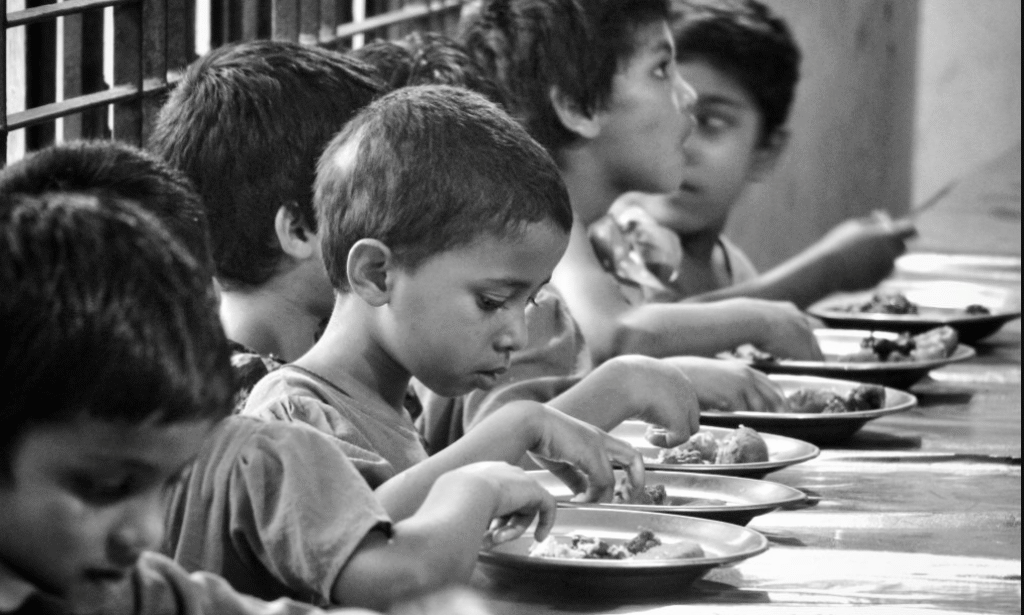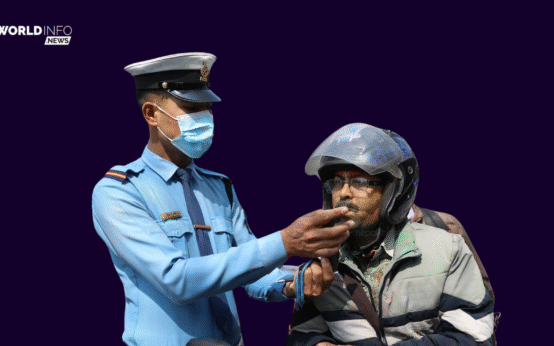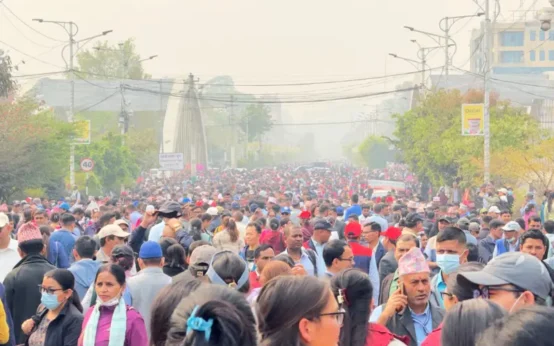In Nepal thousands of children are still denied their basic right to birth registration. Without an official birth certificate, these children face enormous challenges in accessing education, healthcare, and later opportunities for employment. Birth registration is more than a piece of paper it provides legal recognition of a child’s existence and secures their rights under national and international law.
How unregistered children lose access to education and health services
One of the biggest problems caused by lack of registration is in education. Many schools require birth certificates for enrollment, which means unregistered children are often left out of classrooms.

Without education, their future opportunities shrink, trapping them in cycles of poverty. Similarly, hospitals and healthcare facilities also use registration records to provide vaccinations and essential services. Children without documents can easily be overlooked, leading to serious health risks.
Social discrimination and exploitation due to missing legal identity
Unregistered children are also at higher risk of exploitation. Without proof of age or identity, many end up in child labor or early marriages. Girls are particularly vulnerable, as the absence of legal records makes it harder to prove their age in cases of forced marriage or trafficking. This lack of recognition leaves them invisible in society, without protection from laws meant to safeguard children.

Nepal’s laws on citizenship and registration remain complicated. Many children are denied registration because of issues with their parents’ documents, citizenship status, or family background.
Children born to single mothers, refugees, or parents from marginalized communities often face additional hurdles. Civil society groups argue that the government must simplify the process and remove discriminatory practices that punish children for circumstances beyond their control.
International commitments and the role of human rights organizations
Nepal is a signatory to the UN Convention on the Rights of the Child, which obligates it to ensure every child is registered at birth. Despite this, enforcement remains weak. Human rights groups in Nepal continue to pressure the government to improve record-keeping systems and provide mobile registration services, especially in rural and remote areas where families often lack access to municipal offices.
Experts suggest that Nepal could solve many of these problems by embracing digital registration systems. Mobile apps, biometric data, and nationwide digital databases could help make the process faster, cheaper, and more accessible. Countries that have adopted such systems have seen big improvements in child protection and service delivery. However, this requires strong political will, funding, and commitment from authorities.


 Govt directs NTA to block unregistered social media platform -Nepal
Govt directs NTA to block unregistered social media platform -Nepal  Nepal Digital Banking Push Faces After Central Bank Closure
Nepal Digital Banking Push Faces After Central Bank Closure  Why Nepal Needs an Electric Vehicle Revolution
Why Nepal Needs an Electric Vehicle Revolution  USAID closure harms pro-democracy development efforts in Nepal
USAID closure harms pro-democracy development efforts in Nepal  Why Nepal’s MaPaSe Drink-Driving Tests Called Unscientific
Why Nepal’s MaPaSe Drink-Driving Tests Called Unscientific  Teachers’ Demands Cannot Be Addressed in Budget Session
Teachers’ Demands Cannot Be Addressed in Budget Session